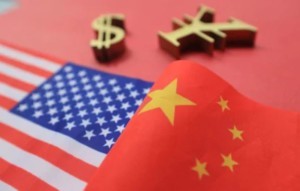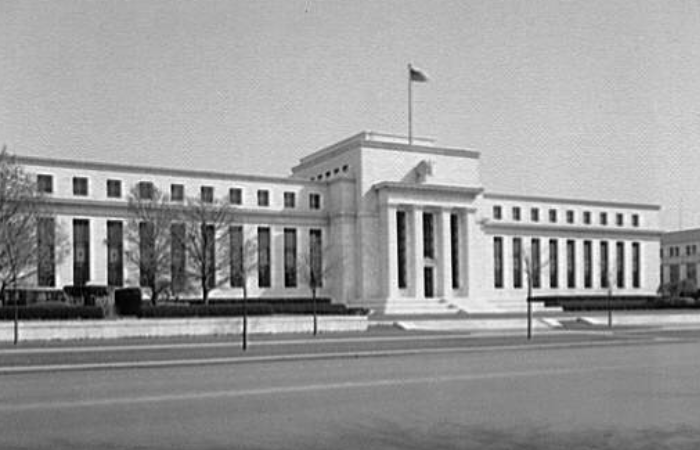The UK has shocked the world by voting to leave the European Union. The rally in both the overseas markets and the US markets the last couple days was essentially pricing in a “stay” vote; the UK bookies were taking wagers with just 20% odds of a “leave” vote winning just a few hours before the polls closed last night. Nevertheless, 51.9% of the UK voted to leave the EU. In fact, a number of interviews have been heard with people who voted to leave who said they were voting to make a statement, they didn’t actually expect the “leave” vote to win.
The reaction today will be violent. British Prime Minister David Cameron has announced he will resign in October. The overseas markets are currently trading sharply down. As I write this the Asian markets are down 2-3%, although Japan was down near 8%, the European markets are down 6-8% (interestingly, the London Stock Exchange, the FTSE, is down only about 5%), and the US futures are looking at about a 3% drop at the open. Interest rates are going to be much lower this morning, the US 10yr Treasury rate will likely be near 1.5%; German 10yr Bunds have set new records into negative territory. Gold is sharply higher at a two year high. The US dollar is much higher. And amazingly, the British pound has traded at 30yr lows overnight.
The good news is that the gut reaction has already happened. The European markets are off their lows, as is the pound. The US futures are still pointing well down, but are well off the lows set a few hours ago. The other good news is that all those old newspapers and email articles you have been meaning to read can probably be tossed.
So what does this mean? This is not the end of the world—Trade will still happen, the European borders will remain open. The UK has two years to negotiate its exit, so this will play out over many, many months, not overnight. Really, the biggest problem is that we are now in unprecedented territory—the world needs to overcome this shock. There are a number of questions that will need to be answered before real repair can begin. The first is will this vote lead the other EU nations to have similar votes? This is why the Continental markets are down more than the UK markets. There is a risk that the entire EU will cease to exist if we get an “Ita-leave” vote or a “Portu-go” vote. It will also take the UK months or even years to renegotiate all of its international treaties. There is also the possibility that the UK will dissolve, at least as we know it—Scotland just voted “no” to a referendum to leave the UK not long ago. But now there will be a movement to have a referendum to leave the UK in order to stay in the EU. There are also movements expected pushing to reunite Ireland and Northern Ireland. These votes may not even happen, but there will be speculation as to the possibilities. However, remember, another view is the EU was in need of a wake-up call, and they just got it. The aftermath of this vote may end up being a good thing.
The near-term developments will be how the European Central Bank react to this, how does the Bank of England react, and does the Fed do anything differently. It is likely that interest rate hikes by the Fed are likely off the table for a while. The ECB and BOE may take additional steps to stimulate their relative economies. Because of that, the banks, both in the US and overseas, are in for a tough time. But do not lose sight of the fact that the US banks’ balance sheets are still in better shape than they have arguably ever been.
This result likely puts a clamp on global growth, more because of the uncertainty. Global corporations may take a second look at capital expenditures given this new unknown. However, for smaller companies with a minor global footprint this will not change much for them. From the US point of view however, the UK represents only about 1% of our exports. And most importantly, the UK will not stop buying imports because of this vote. While this is likely to slow global growth down, it does not mean a recession is imminent, and certainly does not spell recession for the US.
As far as investments and portfolio management go, this is one of the reason we have been sitting on more cash than usual for the last few months (the Fed and the US election cycle are the other big ones). We will be looking for bargains in the next few weeks. The panicky feeling is temporary and presents opportunity. We will look to take profits on bonds and buy companies with solid balance sheets who have the ability to continue to pay dividends. We will continue to remain cautious as the ramifications of the vote take hold in the next few months.
Rest assured that while this is a major change in the global economic landscape, it does not change the fact that everyone in the UK still needs to buy food, pay their rent, go to work and have a pint at the local pub this weekend. Finally, there is also a positive outcome that can result from this.



